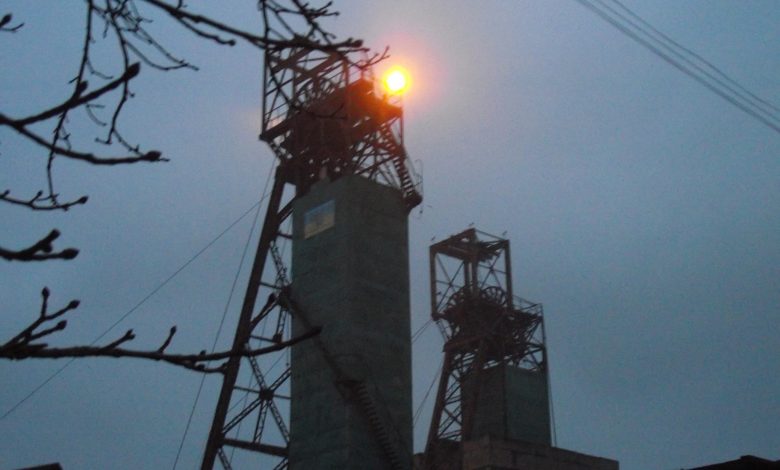
In the future, this practice is planned to be replicated in other regions specializing in coal mining and thermal power generation.
Today, March 22, the launch conference of the project “Supporting Structural Changes in the Coal Regions of Ukraine” was held. Lviv Oblast became a pilot region for this project. It is implemented with the support of the German Society for International Cooperation (GIZ).
Therefore, within the framework of the event, they talked about the possibilities for the Lviv region in the direction of the fair transformation of coal regions, in particular, the possibilities of the Chervonohrad micro-region.
“The Chervonograd microregion has not paid enough attention to this and there is a big tangle of problems, including: non-payment of wages, unprofitability, negative environmental consequences of coal mining, so-called occupational diseases of miners. These problems had to be solved 20 years ago. Thanks to Germany and the GIZ Foundation for helping to implement this project. And here it is important that in this process the communities and people who live there feel that we are primarily fighting for their future. Our main goal is to leave no one behind. Take care of decent conditions for the employment of people who will be affected by the reduction of coal production, and later the abandonment of fossil fuels,” emphasized the head of Lviv OVA Maksym Kozytskyi.
As Deputy Minister of Energy of Ukraine Yaroslav Demchenkov noted, Ukraine aims to become a hub of clean energy for the whole of Europe, and the restoration of the energy sector should be carried out on the principles of sustainable development and on the basis of new green technologies and standards. According to the Deputy Minister, Lviv Region is today one of the successful platforms for the implementation of regional development support project initiatives.
Just transformation is a model of regional development that provides a decent life and sufficient income for all residents of the community, including workers who will be directly affected by the process of moving away from coal or other fossil fuels. The concept derives from the experience gained from countries that have passed this transition period thanks to the active participation of civil society, trade unions and vulnerable population groups, said project director Elise Vigier.
Therefore, the project will include 6 main areas: dialogue on structural changes, regulatory framework for fair transformation, pilot projects/support of regional and local institutions in coal regions, financing mechanism/structural change fund, communication strategy for coal transformation, support for green recovery and modernization of Ukrainian energy system.
“We understand the policy that is being implemented by the EU today in terms of decarbonization and other environmental issues, as well as European integration processes, in which Ukraine is actively involved today. Therefore, the issue of reducing coal production, which will directly affect the employment map, environmental map, heat generation, etc., is already on the agenda. Today, there is a clear vision regarding the perspective of closing down the mines and it is the release of people who have to find themselves in the economy. And for this work, it is important to understand both the investment market and the labor market in the region. It is obvious that we need a comprehensive strategy for the micro-region,” Stepan Kuybida, Director of the Department of Economic Policy of the Lviv Regional Government Office, said.
He also added that work on the Strategy of the Chervonohrad microregion is currently underway, and it should be strengthened with projects with a financial component. In particular, it is about decisions in the economic sector, infrastructure, investments, social direction and vocational education.
“GIZ provides us with professional support, and today we are already talking about capital investments and specific projects,” added Stepan Kuybida.
The project, which will start in Lviv Oblast, is planned to be replicated in other regions in the future.

